Back to Courses
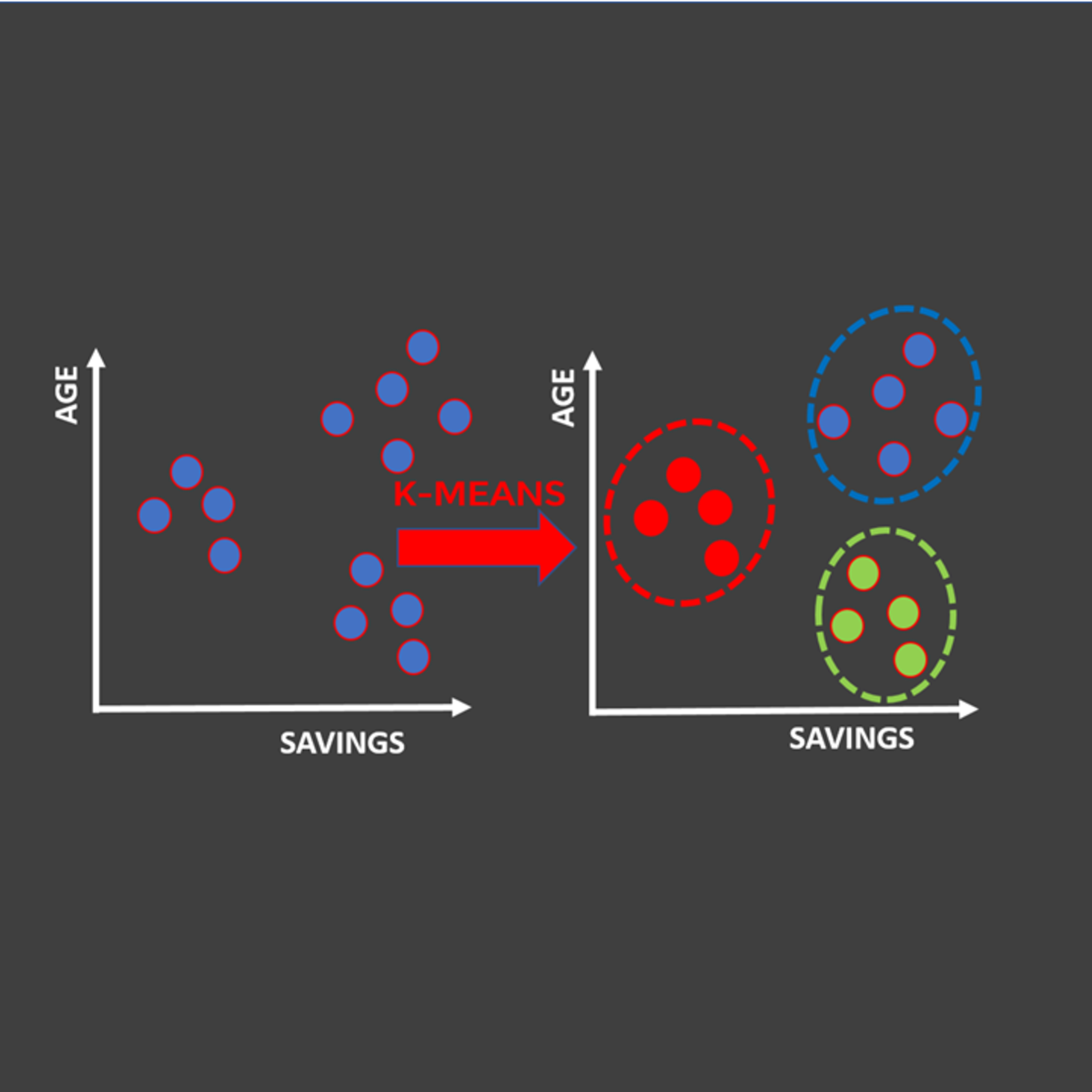


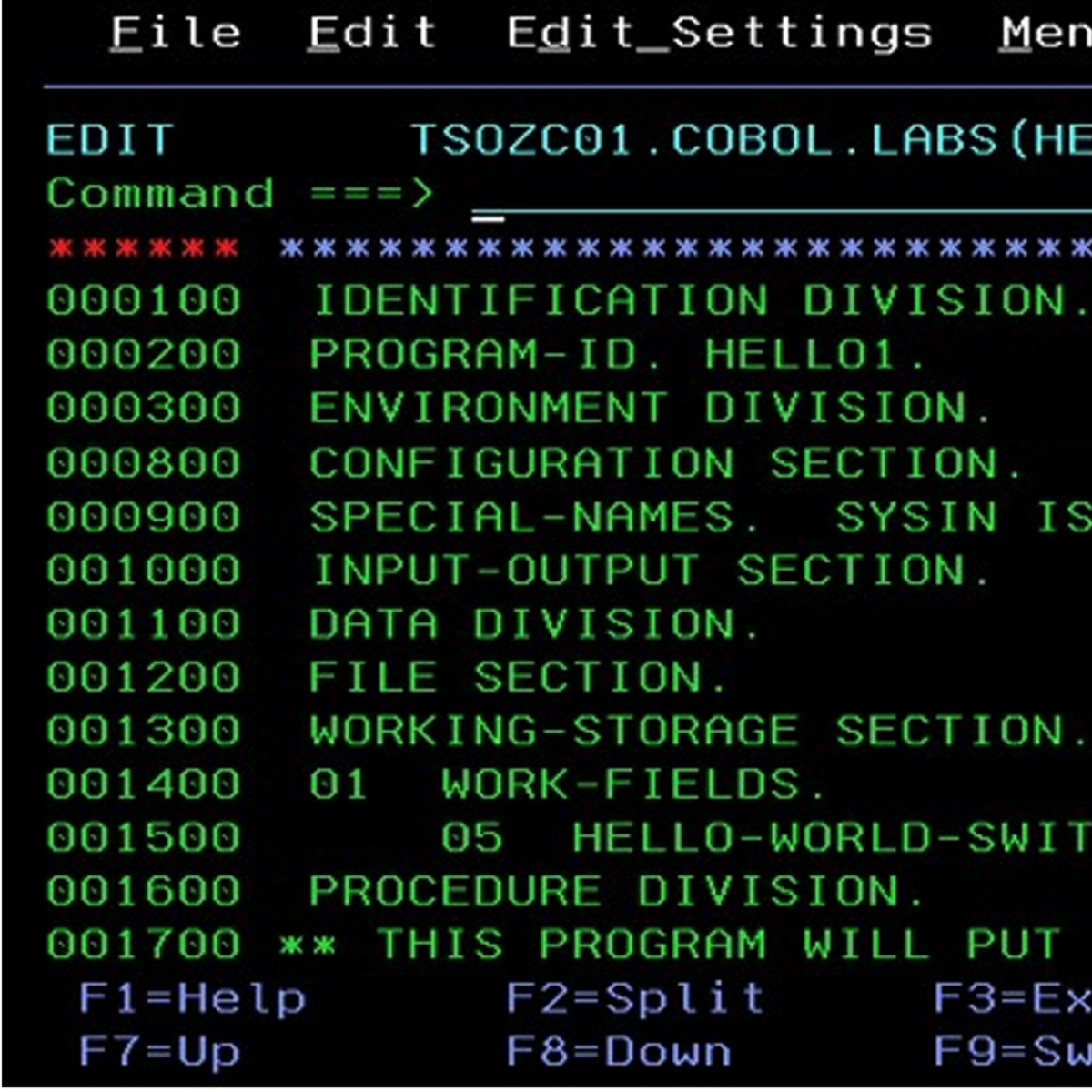

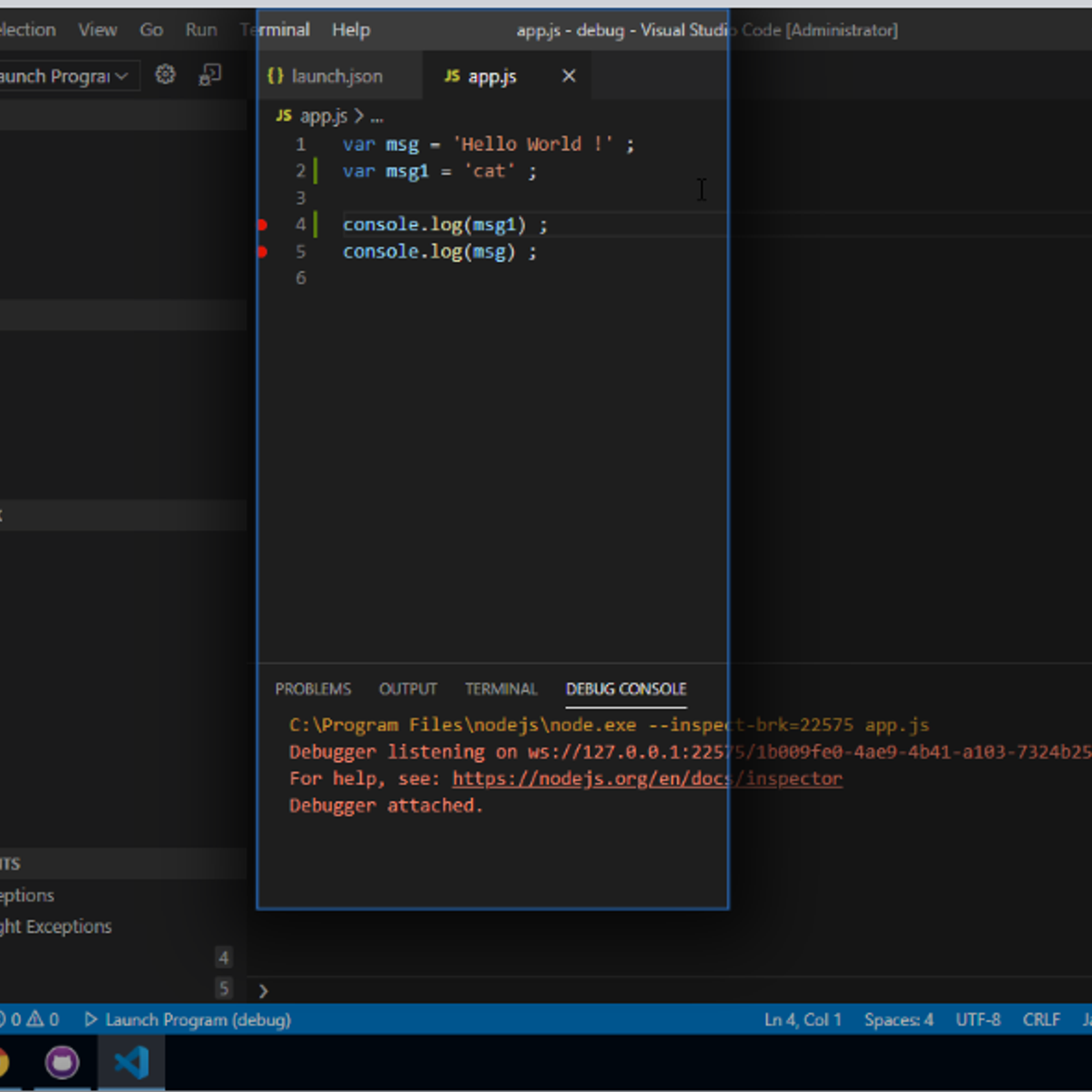

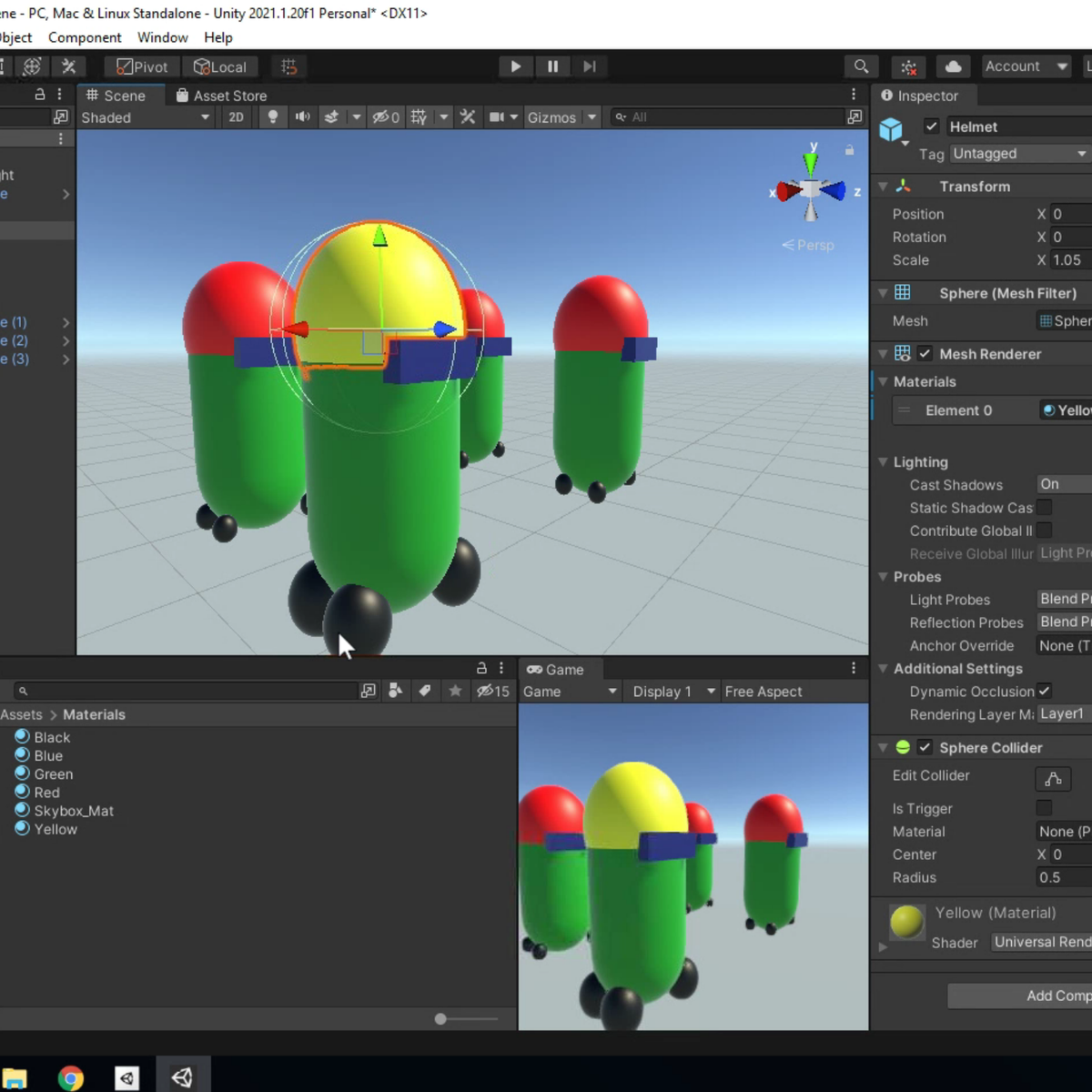
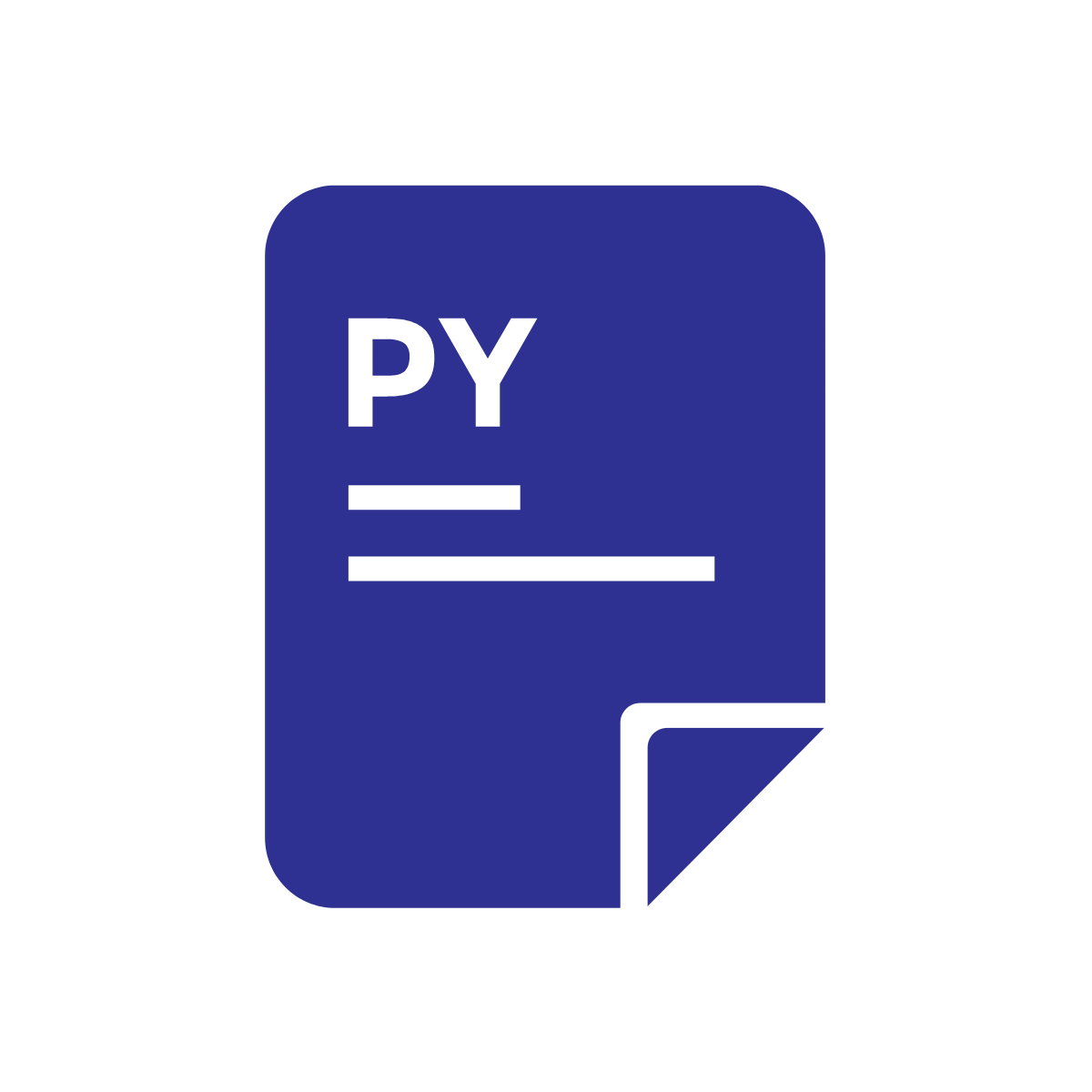
Computer Science Courses - Page 48
Showing results 471-480 of 2309

Use React with Express to build a Web Application
By the end of this project, you will use React with Express to build a Web Application that consumes JSON data from an existing Express API.
Often, a dynamic web application consists of many different technologies and programming languages. Creating a web application with NodeJS, Express, and React allows the developer to use JavaScript throughout the stack with a focus on the logic rather than the language.
Note: This course works best for learners who are based in the North America region. We’re currently working on providing the same experience in other regions.

Unsupervised Machine Learning for Customer Market Segmentation
In this hands-on guided project, we will train unsupervised machine learning algorithms to perform customer market segmentation. Market segmentation is crucial for marketers since it enables them to launch targeted ad marketing campaigns that are tailored to customer's specific needs.
Note: This course works best for learners who are based in the North America region. We’re currently working on providing the same experience in other regions.

Unity for Absolute Beginners - Getting Started
In this one-hour, project-based course, you'll take your first steps with the Unity Editor! Unity is used for game-development, of course, but also in industries like Architecture, Film and Television, Automotive engineering and more. In this guided project, you'll learn how to create a Unity ID, download and install Unity Hub, install the Unity Editor and experiment with a Lego microgame.
You'll also browse the Unity Asset Store to select some free assets, download and import them into a new project and take the first steps in creating your first project from scratch.
This guided project will introduce you to the following concepts:
- Unity Editor
- Unity Hub
- Unity Asset Store

Cybersecurity Capstone: Breach Response Case Studies
This course gives you the background needed to gain Cybersecurity skills as part of the Cybersecurity Security Analyst Professional Certificate program.
You will explore incident response methodologies and security models. You will learn to recognize and categorize key types of vulnerabilities and associated attacks against today's organizations. You will explore in depth several past and recent breaches to learn how they were detected and what was done or could have been done to reduce the threat risk to the organization.
Finally, you will explore the costs of data breaches through research studies and well known breaches.
This course requires you to select and research a cybersecurity breach in the news today and apply your knowledge and skills from this course and previous cybersecurity courses to analyze the type of attack, attack timeline, vulnerable systems, and any missed opportunities. This project will be graded by your peers in the course.
This course is intended for anyone who wants to gain a basic understanding of Cybersecurity or as the seventh and final course in a series of courses to acquire the skills to work in the Cybersecurity field as a Cybersecurity Analyst.
The completion of this course also makes you eligible to earn the Cybersecurity Capstone: Breach Response Case Studies IBM digital badge. More information about the badge can be found https://www.youracclaim.com/org/ibm/badge/cybersecurity-breach-case-studies .
In this course, you will learn to:
● Apply incident response methodologies.
● Research and describe a watering hole attack.
● Research and describe ransomware threats and the consequences to organization.
● Research and describe 3rd party breaches and how they affect an organization.
● Research and describe the effects of a phishing attack.
● Research and describe a point of sale attack and approximate cost of data breaches.
● Perform a case study on a current cyber attack and breach.

IBM COBOL Core
COBOL is a programming language that serves a wide range of businesses. Key aspects of COBOL are that it is scalable, mature, and self-documenting.
In this COBOL CORE class you’ll discover more features of the language, how to handle tables, edit, use switches, numeric usage, and structured COBOL.
Enjoy your ride through the world of COBOL! We’re excited to have you here and can’t wait to get started.

Introduction to building Web Pages using HTML5 and CSS3
Web content is accessed by millions across the globe every day. Attractive web pages help businesses grow and provide an omnipresent experience to the viewers.
In this course you will get an understanding on how HTML5 is used to structure simple web pages from scratch and how CSS3 enhances their appearance. The customized learning environment and step-by step teaching approach of this course augments the learning experience. The real-world scenarios and challenges presented during the course will train you to resolve the different challenges that front-end engineers stumble upon in their work life.

Debugging support for the Node.js runtime in VScode
In this 2-hour long project-based course, you will learn how to use the debugging tool associated with Visual Studio Code. One of the key features of Visual Studio Code is the debugging support. VS Code has a built-in debugger that helps accelerate your edit, compile and debug on a loop. VS Code has built-in debugging support for the Node.js runtime and can debug JavaScript, and TypeScript.
Note: This course works best for learners who are based in the North America region. We’re currently working on providing the same experience in other regions.

Object Oriented Programming in Java
Welcome to our course on Object Oriented Programming in Java using data visualization. People come to this course with many different goals -- and we are really excited to work with all of you! Some of you want to be professional software developers, others want to improve your programming skills to implement that cool personal project that you’ve been thinking about, while others of you might not yet know why you’re here and are trying to figure out what this course is all about.
This is an intermediate Java course. We recommend this course to learners who have previous experience in software development or a background in computer science. Our goal is that by the end of this course each and every one of you feels empowered to create a Java program that’s more advanced than any you have created in the past and that is personally interesting to you. In achieving this goal you will also learn the fundamentals of Object Oriented Programming, how to leverage the power of existing libraries, how to build graphical user interfaces, and how to use some core algorithms for searching and sorting data. And this course is project-based, so we’ll dive right into the project immediately!
We are excited to be offering a unique course structure, designed to support learners of different backgrounds in succeeding at their own pace. The first module explains how this will work and if this course is right for you. We also recommend taking a few minutes to explore the course site. A good place to start is the navigation bar on the left. Click Course Content to see what material we’ll cover each week, as well preview the assignments you’ll need to complete to pass the course. Click Discussions to see forums where you can discuss the course material with fellow students taking the class. Be sure to introduce yourself to everyone in the Meet and Greet forum.
This course should take about 6 weeks to complete. You can check out the recommended course schedule below to see a quick overview of the lessons and assignments you’ll complete each week.
We’re excited you’re here learning with us. Let’s get started!

Prefabs, Nested Prefabs and Variants in Unity
Managing assets in a game can be complicated and confusing. Even for small projects, maintaining consistency of assets across multiple levels is difficult and time-consuming. To help with this task, Unity allows saving of prefabricated objects, or "Prefabs."
In this project, we will explore the power and convenience of Prefabs. We will create a simple "capsule bot," made of primitive objects, and explore how prefabs, with overrides and a special prefab mode, make asset-duplication and reconfiguration simple. We will then explore prefab variants, which inherit from a parent prefab, and nested prefabs that are compound objects made of many child-prefabs.
(There is no coding in this guided project.)

DevOps and Build Automation with Python
This course is the final course in a series that aims to prepare you for a role working as a programmer. In this course we will look at several automation concepts in DevOps with Python. Labs will allow the students to apply the material in the lectures in simple computer programs designed to re-enforce the material in the lesson.
